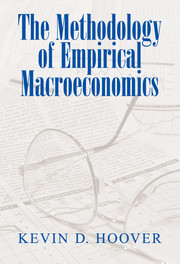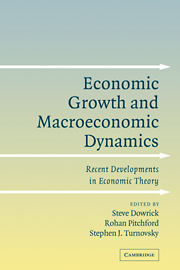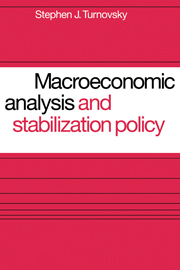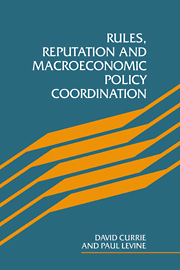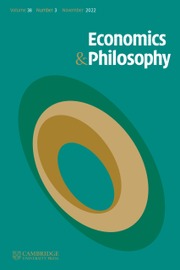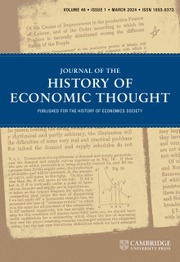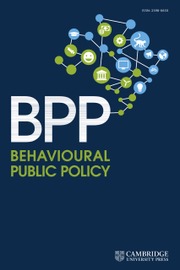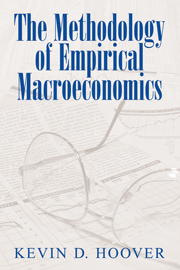Causality in Macroeconomics
Causality in Macroeconomics examines causality while taking macroeconomics seriously. A pragmatic and realistic philosophy is joined to a macroeconomic foundation that refines Herbert Simon's well-known work on causal order to make a case for a structural approach to causality. The structural approach is used to understand modern rational expectations models, regime switching models, Granger causality, vector autoregressions, the Lucas critique, and concept exogeneity. Techniques of causal inference based on patterns of stability and instability in the face of identified regime changes are developed and illustrated in two empirical case studies.
- First book to give equal attention to economic and philosophical aspects of causality for economists by well-regarded authors
- Covers topics in the field, such as structural approaches to causality, Lucas critique, concept exogeneity, regime switching models
- Offers two chapters on empirical case studies to demonstrate approaches to causal theory and methods
Reviews & endorsements
'Twenty years from now, a whole subdiscipline may look back to Causality in Macroeconomics gratefully for point the way forward.' Journal of Economic Methodology
Product details
August 2001Hardback
9780521452175
326 pages
229 × 152 × 22 mm
0.65kg
69 b/w illus. 15 tables
Available
Table of Contents
- 1. The problem of causality in macroeconomics
- 2. The notion of causal structure
- 3. Representing causal structure
- 4. Articulating causal structure
- 5. The reality of macroeconomic structures
- 6. Causality and macroeconomic constraints
- 7. Macroeconomics and causality
- 8. Inferring causal direction
- 9. Case study I: the causal direction between taxes and government spending in the postwar period
- 10. Case study II: the causal direction between money and prices
- 11. Causality and macroeconomics.


